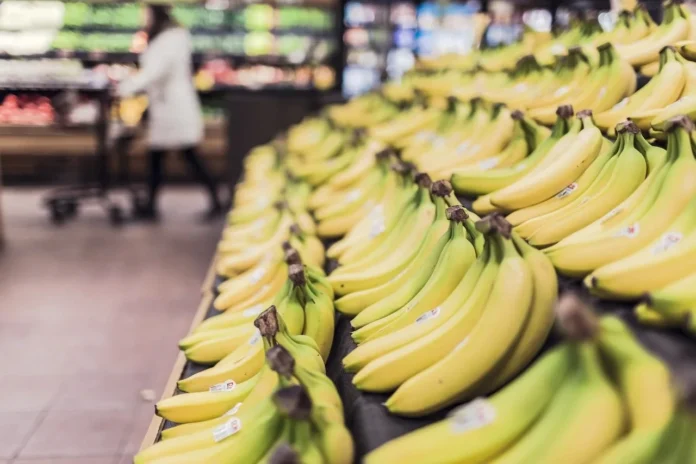South Tucson residents are facing a sudden and painful change: the community’s only grocery store has permanently shut its doors, leaving many with no nearby access to fresh food.
The closure, effective immediately, intensifies longstanding concerns about food access and economic inequities in this historically underserved region. For many households without reliable transportation, the nearest alternatives are miles away.
Table of Contents
What Led to the Closure?
While the full financials haven’t been disclosed, local reports point to rising operating costs, shrinking margins, and challenges in maintaining inventory in a low-profit margin environment. Community leaders say the business had struggled for months to stay afloat amid shrinking customer bases and economic pressures across Southern Tucson.
Impact on Residents
- Food deserts deepen: Those who relied on this store for essentials like produce, dairy, and meat will now have to travel farther or rely on smaller convenience stores.
- Increased transportation burden: For seniors, low-income families, and folks without cars, this closure adds both time and cost to food shopping.
- Health and nutritional risks: Limited access to fresh foods can push people toward cheaper, processed options — with consequences for diet and wellness.
Voices from the Neighborhood
I used to walk here every other day to pick up milk or vegetables,” said Maria (last name withheld), a longtime resident. “Now, I’ll have to take the bus two miles to the next store. That’s a lot, especially with kids.
Local community groups are calling this a crisis. Some are mobilizing to explore pop-up markets or food trucks, while others appeal to city officials for emergency intervention or support.
City Planning and Real Estate Shift
In parallel, the local real estate scene has seen shifting dynamics in South Tucson. With rising property costs and changes in commercial use, some landlords are rethinking leasing to small grocers versus other types of tenants. This has ripple effects: losing a grocery anchor reduces foot traffic and may discourage other small businesses from investing in the area.
Also Read : 6 Things Nobody Tells You About Express Floral Services
What’s Next?
Community leaders are advocating for immediate action:
- Temporary mobile markets or food trucks stationed in the neighborhood to bridge the gap.
- Incentives or subsidies from city or nonprofit bodies to help a new grocer set up shop.
- Partnerships with nonprofits or regional food banks to ensure regular access to fresh produce.
For now, residents are grappling with the sudden reality of a neighborhood without a nearby grocery store. The closure isn’t just about a store — it’s about food security, community vitality, and equity in access.
This story is developing. Local residents are encouraged to attend the upcoming South Tucson city council meeting, where food access and commercial incentives will be on the agenda.
